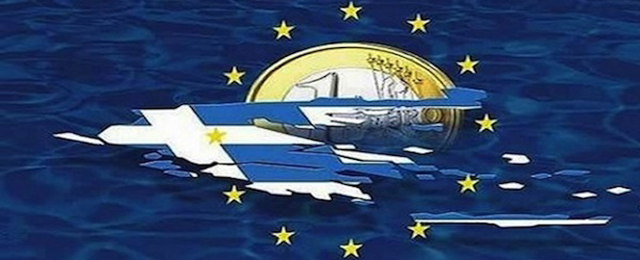However, more than three years into the troika program there is very little evidence that one of these key objectives has actually been achieved. It is extremely doubtful whether the Greek economy is indeed regaining part of the competitiveness it lost after joining the euro.
There is no dispute that Greece’s current account, from a staggering deficit of close to 35 billion euros in 2008, is nearing balance. But the majority of the correction of the trade deficit is covered by a collapse in imports due to domestic demand almost evaporating after three years of austerity and disposable incomes plummeting by almost a third.
It is a fact that Greek exports are on the rise and that 2013 will be a record year for tourism but Greece’s total exports will still fall short of the 56-billion-euro level they reached in 2008, a time when the country was uncompetitive, if you believe the prevailing argument.
In a June document evaluating its involvement in the Greek program back in May 2010, the IMF includes the chart below, which shows that although labour costs have nosedived since 2010, prices – which really reflect how competitive you are – have hardly moved to cover the lost competitiveness.
There is much to be debated about the prices’ resistance to falling at the same pace as wages, and it is often one of the troika’s arguments that there is not enough competition in the products markets. However, aside from the fact that prices are known to be sticky downwards, in a cash-starved economy that is in a downward spiral it may even be a prudent management decision to keep prices up, despite falling wages. This helps compensate for shrinking revenues and profits.

The “internal devaluation” rationale is that, in the absence of the currency devaluation which automatically makes everything produced domestically cheaper to the outside world, you suppress domestic demand with the aim of reducing imports and correcting the trade balance. You also implement cuts in costs which are variable, such as wages, unlike other input factors that further feed the effort to push down domestic demand. This naturally leads to higher unemployment and more people without disposable income further suppressing domestic demand. This places the wage negotiating advantage on the employers’ side due to the oversupply of labour pushing wages downward either via new collective agreements or wage negotiations at the enterprise level. Overall, it creates a perfect feedback loop and a concerted effort to sink an economy. You might think all this is worth it if there is light at the end of tunnel but that is not true in Greece’s case. After three years of brutal austerity policies, Greece remains in a heavily overpriced currency for its economic standards. A research paper by Morgan Stanley published in September puts the fair value of the euro against the dollar for the Greek economy at just over 1 dollar. The same figure for Germany is 1.53 – the currency currently trades against the dollar at 1.35. The difference between Greece and Germany is about 43 percent and Greece needs the euro to be 25 percent cheaper than its current levels to have a fair chance of being competitive.
*Continue reading at The Agora.






Be the first to comment on "The euro debate Greece is not having"